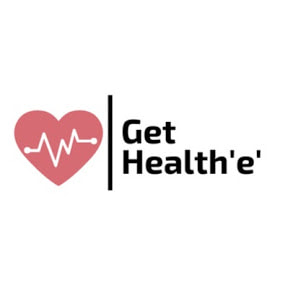|
By now most of you have heard the phrase “flatten the curve”. But did you know this idea comes from the field of epidemiology, one of the major fields of study in public health?
Epidemiology, called epi for short, is the “the study (scientific, systematic, and data-driven) of the distribution (frequency, pattern) and determinants (causes, risk factors) of health-related states and events (not just diseases) in specified populations (neighborhood, school, city, state, country, global)”. According to the Centers for Disease Control, “the word epidemiology comes from the Greek words epi, meaning on or upon, demos, meaning people, and logos, meaning the study of. In other words, the word epidemiology has its roots in the study of what befalls a population.” Epidemiology experts, known as epidemiologists, study the frequency of events that impact the health of populations and look for patterns that may be happening. They also seek causes of disease or other health concerns. They do not just study infectious disease and disease outbreaks. They also look at injury and violence trends, environmental health issues, birth defects, and cancer, among other topics. Many epidemiologists have either a Masters of Public Health Degree, or a PhD in epidemiology. Some have other degrees as well. Have you ever heard of John Snow? He conducted one of the first epidemiology type studies in London where there was a big cholera outbreak. He figured out it was being caused by a water pump on Broad Street that was a main source of water. I found this easy to understand 5 minute video if you want to learn more about him and what he did. His work eventually led to major changes in water systems. Some epidemiologists work at universities as professors. These epidemiologists do research, teach classes, and train future epidemiologists who will go on to work in the field. Others work in research centers or institutes. There are many epidemiologists on twitter who are sharing some great information…if you are on twitter check out the hashtag #AnActualEpidemiologist to find some to follow. Other epidemiologists work at all levels of government. This letter from an epidemiologist who works at a local health department in Virginia gives you a sense of what they do at the local level. Epidemiologists also work at a range of other places such as insurance companies and hospitals. If you want to learn more about epidemiology and how outbreaks are studied, this free course is now being offered by Johns Hopkins at Coursera: https://www.coursera.org/learn/covid19-epidemiology You can learn more about “epi curves” at this CDC link in just ten minutes: https://www.cdc.gov/training/QuickLearns/epimode/ The CDC also has resources for classrooms if you are looking for activities to use with your children or students: https://www.cdc.gov/careerpaths/k12teacherroadmap/classroom/index.htm
1 Comment
Leave a Reply. |
AuthorJennifer Manganello is a public health professor and mom of two boys living in upstate New York. Archives |
Proudly powered by Weebly

 RSS Feed
RSS Feed